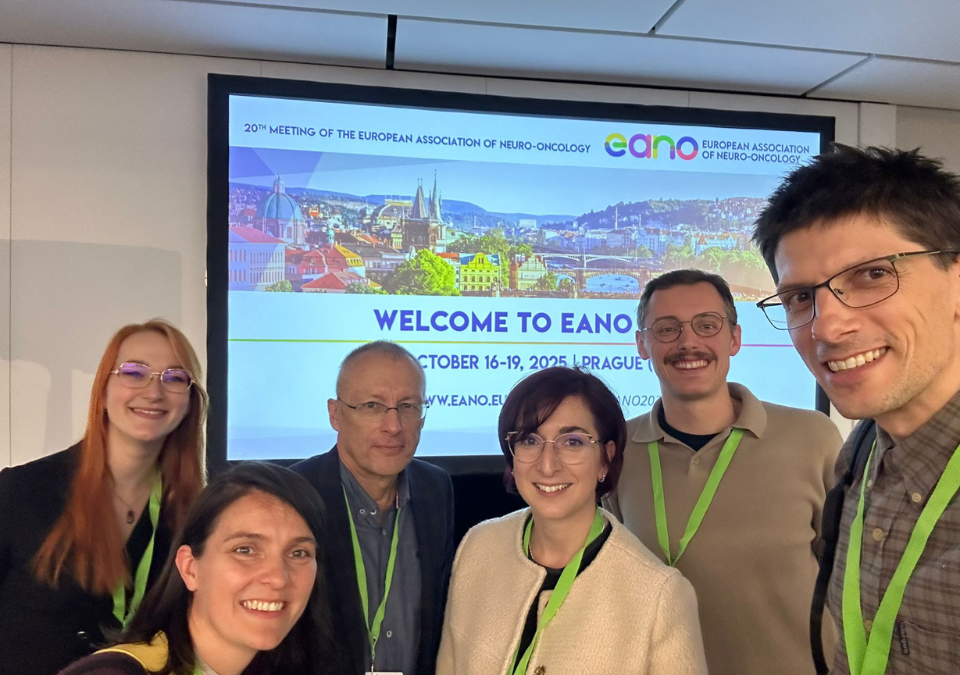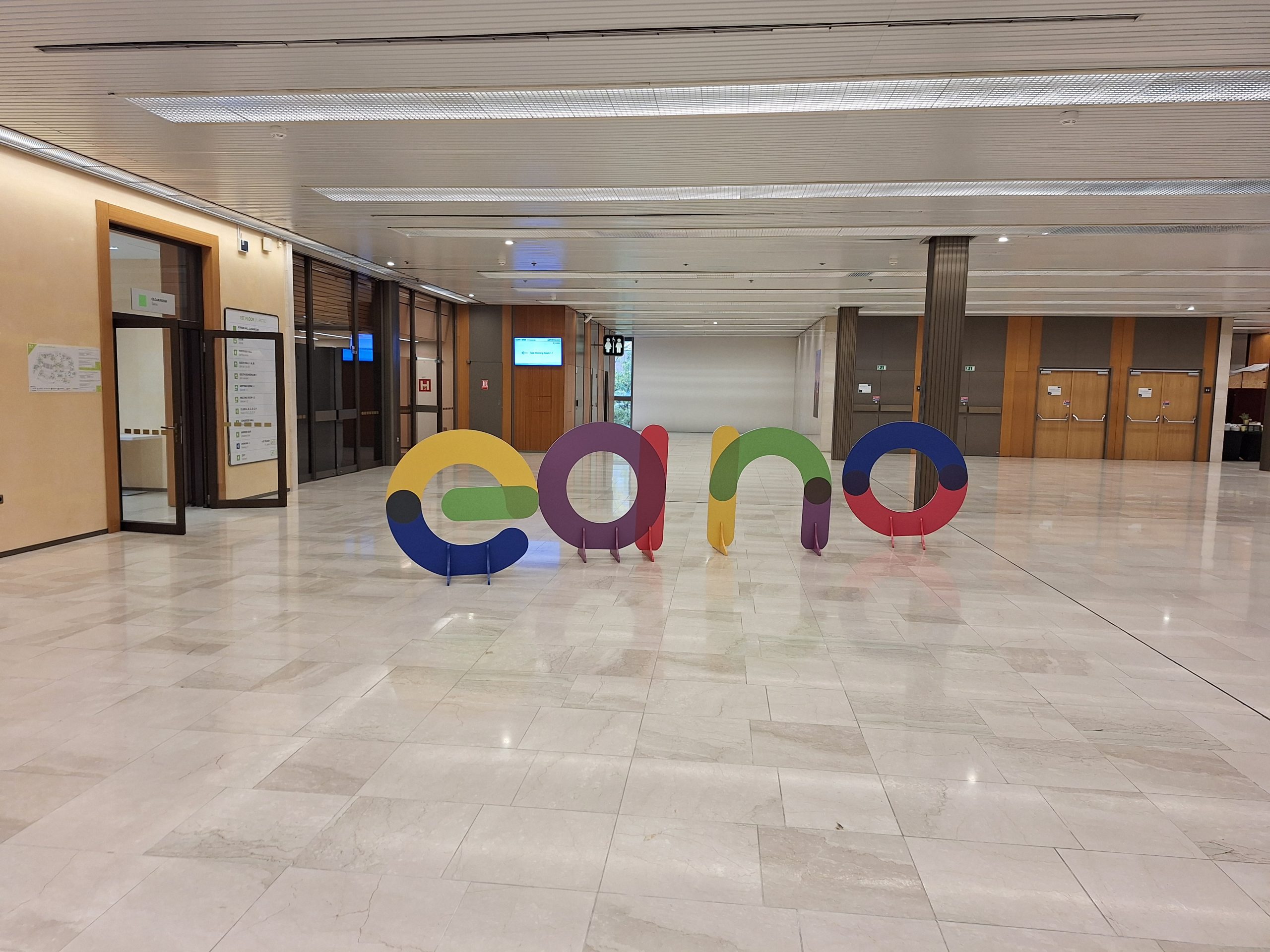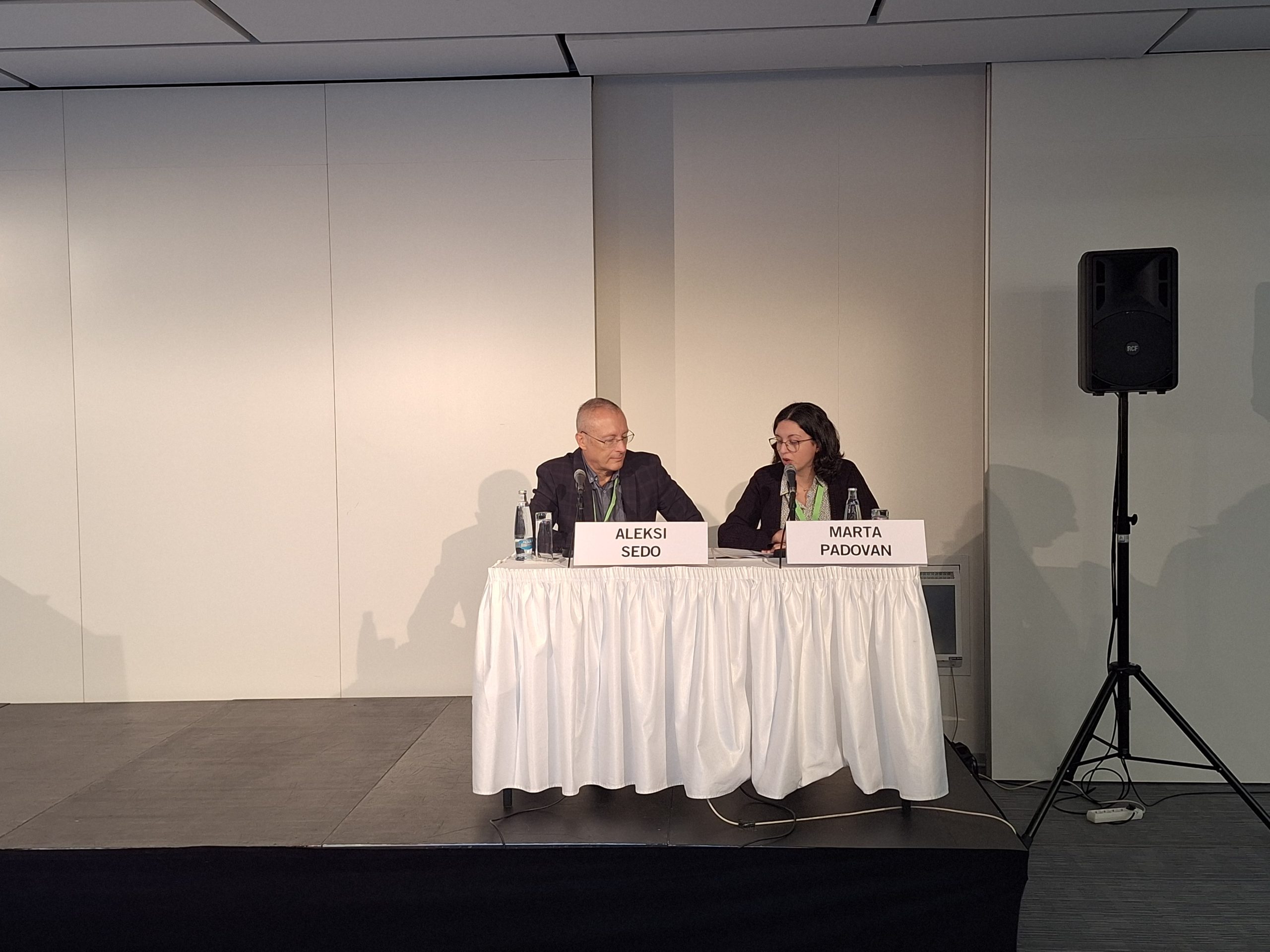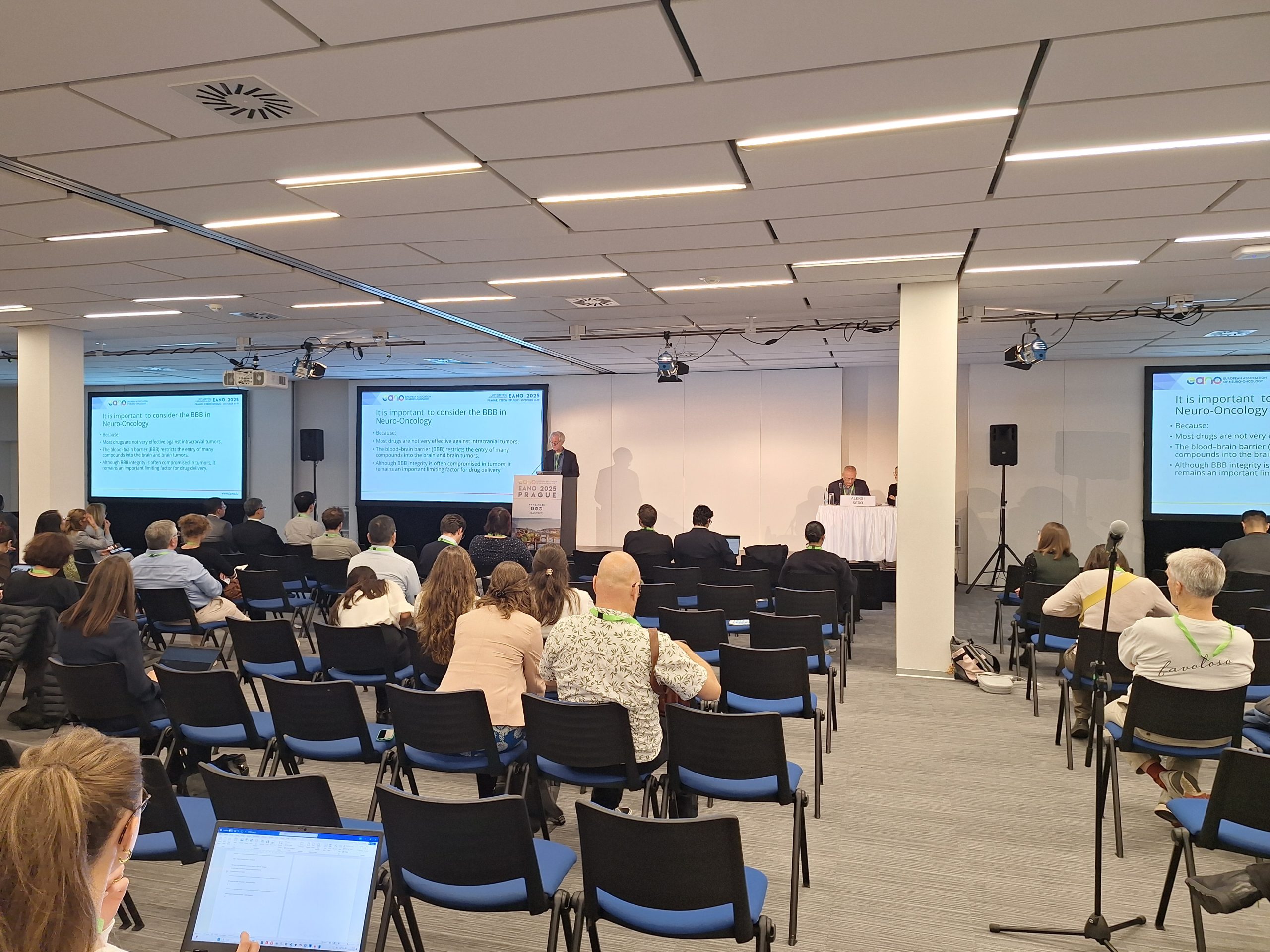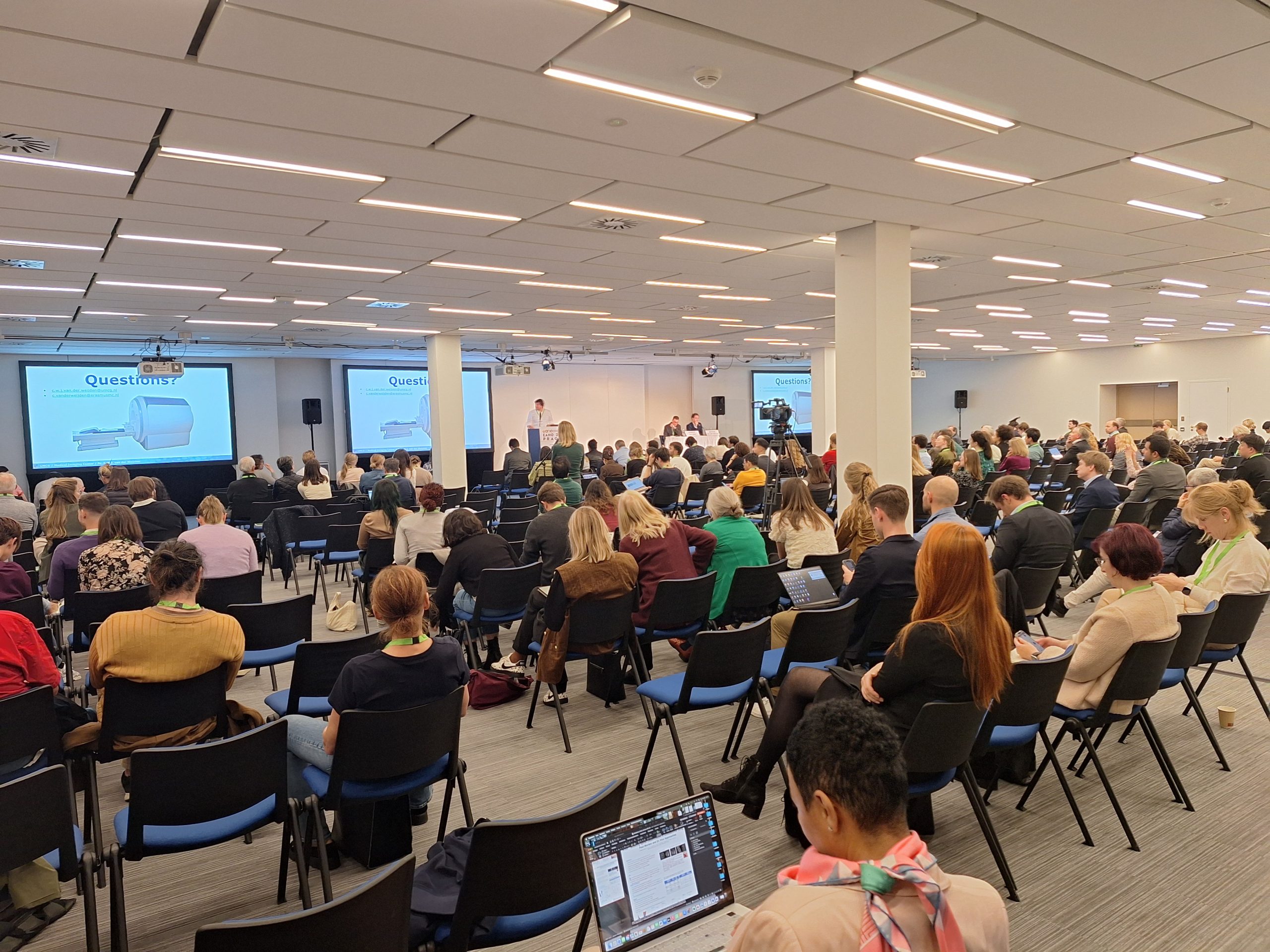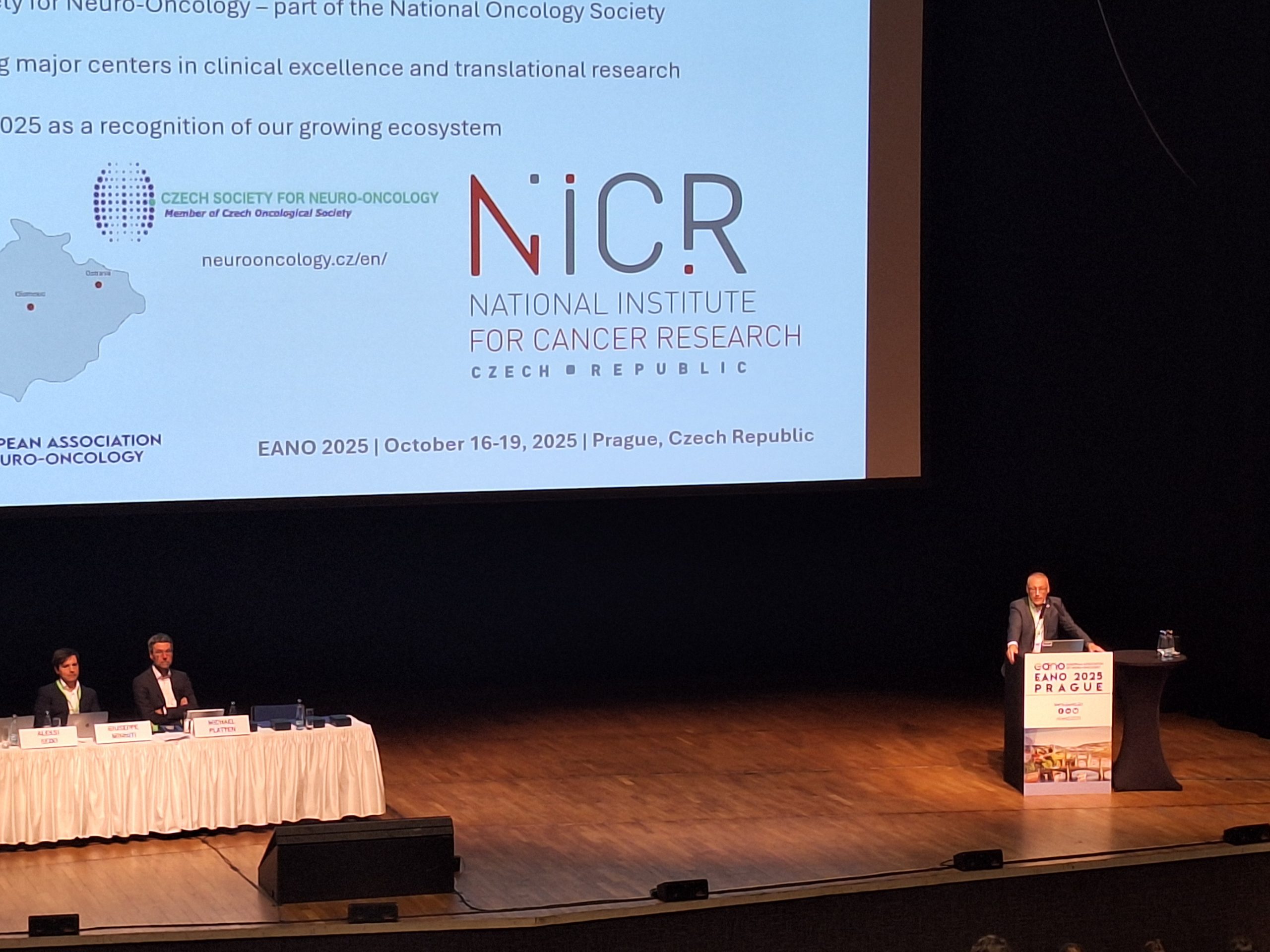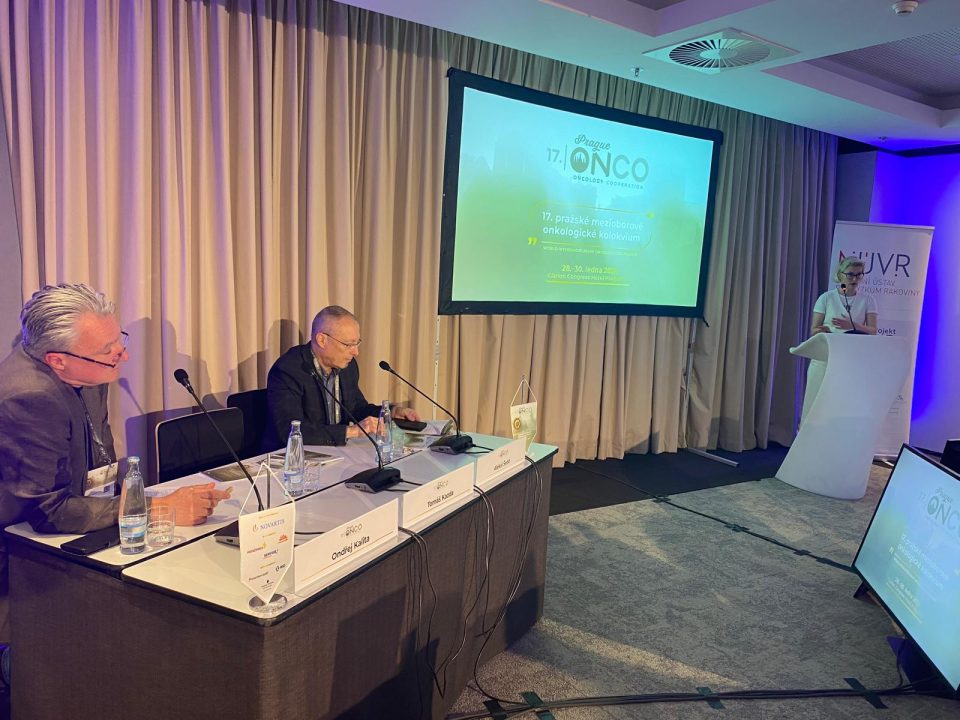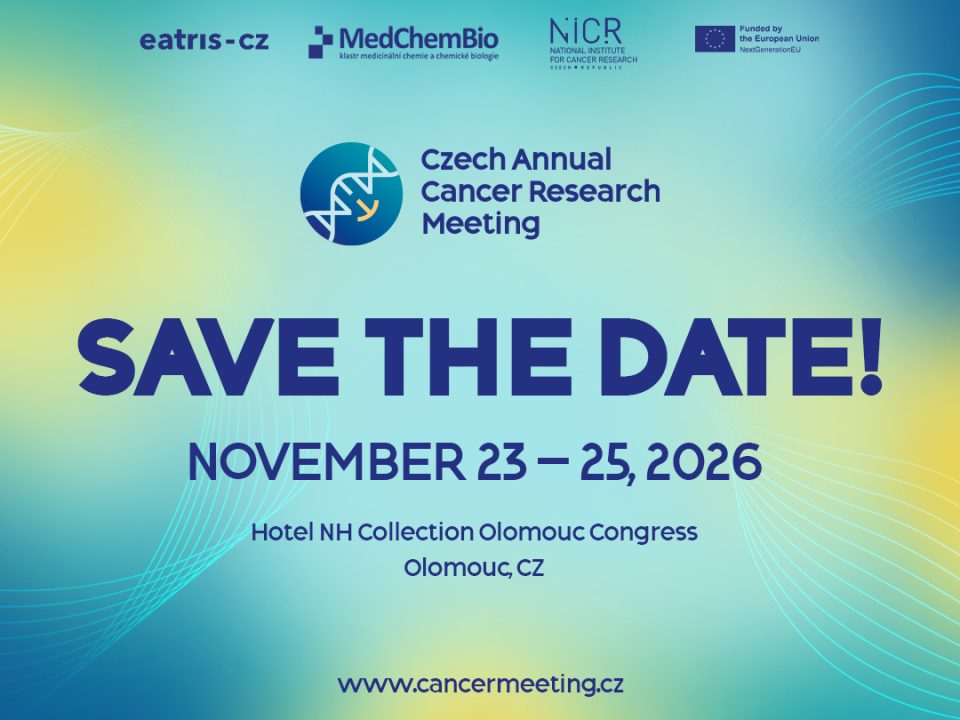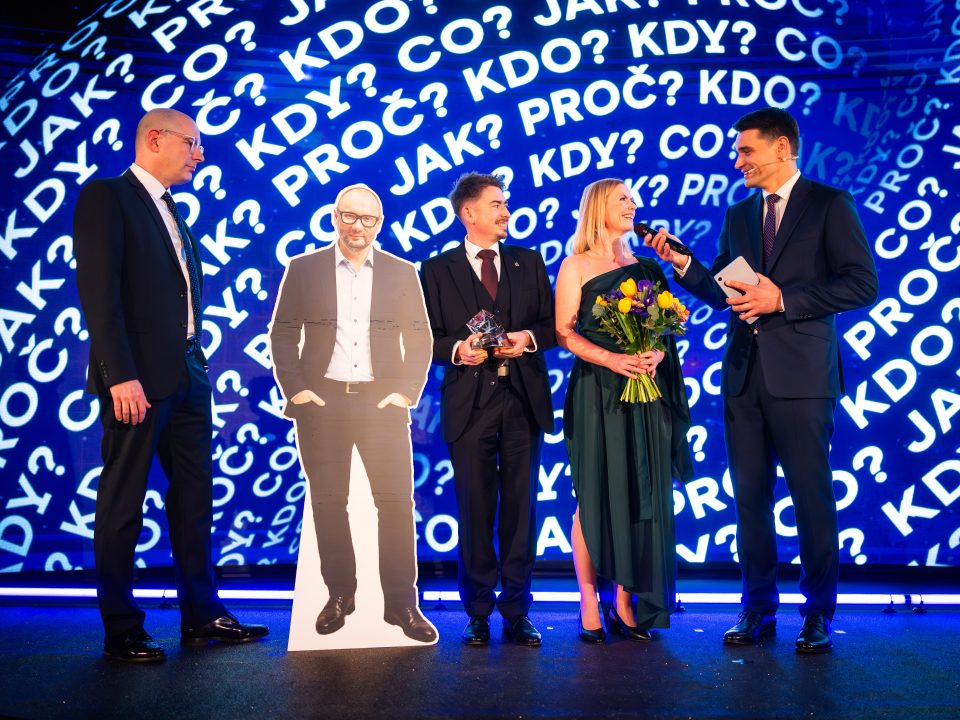For the first time, the 20th Congress of the European Association of Neuro-Oncology (EANO 2025) took place in a country of the former Eastern Bloc — and Prague passed the test with flying colors. A record attendance of more than 1,600 experts, inspiring discussions, and new partnerships all confirmed the growing importance of Czech neuro-oncology on the European map. The final rock-themed evening then added a vibrant atmosphere — a clear proof that scientists have plenty of energy outside the lab and know how to celebrate with enthusiasm!
From October 16–19, 2025, Prague hosted the 20th Annual EANO Congress — the largest European meeting of specialists focusing on tumors of the central and peripheral nervous system. The anniversary edition welcomed over 1,600 participants from more than 60 countries, 120 speakers, and over 800 submitted abstracts, with sessions organized across 40 thematic sections, eight of which were held in collaboration with partner scientific societies.
“The positive feedback from EANO members and international participants confirmed that this year’s congress ranked among the best-rated editions in recent years,” said Aleksi Šedo, Local President of EANO 2025 and Director of the National Institute for Cancer Research (NICR). “Prague offered an exceptionally inspiring environment — a city rich in scientific, cultural, and architectural tradition became a natural space for open dialogue and new collaborations. For us in the Czech Republic, it was not only a great honor but also an opportunity to demonstrate that Czech neuro-oncology holds a firm place in the European context.”
Czech science in the spotlight
Seventeen experts from Prague, Brno, Ostrava, and Plzeň actively contributed to the program — through lectures, posters, or invited discussions. For instance, Petr Bušek from the Institute of Biochemistry and Experimental Oncology, First Faculty of Medicine, Charles University, and NICR, presented the results of preclinical evaluation of new FAP-targeted α-ketoamide-based radioligands for the detection of brain metastases. The study confirmed that fibroblast activation protein (FAP) is highly expressed in brain metastases and represents a promising target for both diagnosis and therapy. These findings support further development of FAP-targeted α-ketoamide compounds, which can cross the blood–brain barrier and selectively accumulate in tumor tissue.
In the clinical section, Tomáš Kazda from the Masaryk Memorial Cancer Institute in Brno delivered two presentations on radiotherapy for brain tumors. Within the Pro–Con Debate session, his talk “Pre- vs. Postoperative Stereotactic Radiosurgery in Brain Metastases – Pro Postoperative” summarized the benefits of postoperative stereotactic radiotherapy in maintaining neurocognitive function while improving local control. His second presentation introduced the international phase 3 randomized EORTC-2227 (LEGATO) trial, comparing lomustine combined with re-irradiation versus lomustine monotherapy in patients with first glioblastoma progression. The study is being conducted within the EORTC Brain Tumor Group and supported by the Horizon Europe program.
The Czech contributions also included a lecture by Kateřina Procházková from the Masaryk Memorial Cancer Institute, delivered during the Educational Day. She focused on the role of nurses and non-medical healthcare professionals in neuro-oncological care in the Czech Republic, highlighting the need for clearer definition of competencies and the development of specialized roles within multidisciplinary oncology teams.
European collaboration and future projects
One of the main thematic pillars of the congress was brain metastases. “Together with EANO colleagues, we are now preparing a joint project specifically focused on this topic,” added A. Šedo, noting that in collaboration with NICR, a working group met in Prague to initiate a new COST Action, aiming to establish an international consortium connecting European centers in neuro-oncology.
“Personally, I would summarize that EANO 2025 in Prague brought together top-level science and genuine collegial spirit. I believe the inspiring discussions, new collaborations, and friendly atmosphere made it an unforgettable event. And the closing rock party? Proof that scientists have plenty of energy outside the lab and know how to celebrate with enthusiasm!” concluded Aleksi Šedo, extending heartfelt thanks to all organizers, partners, and participants. “See you next year in Rome!”


